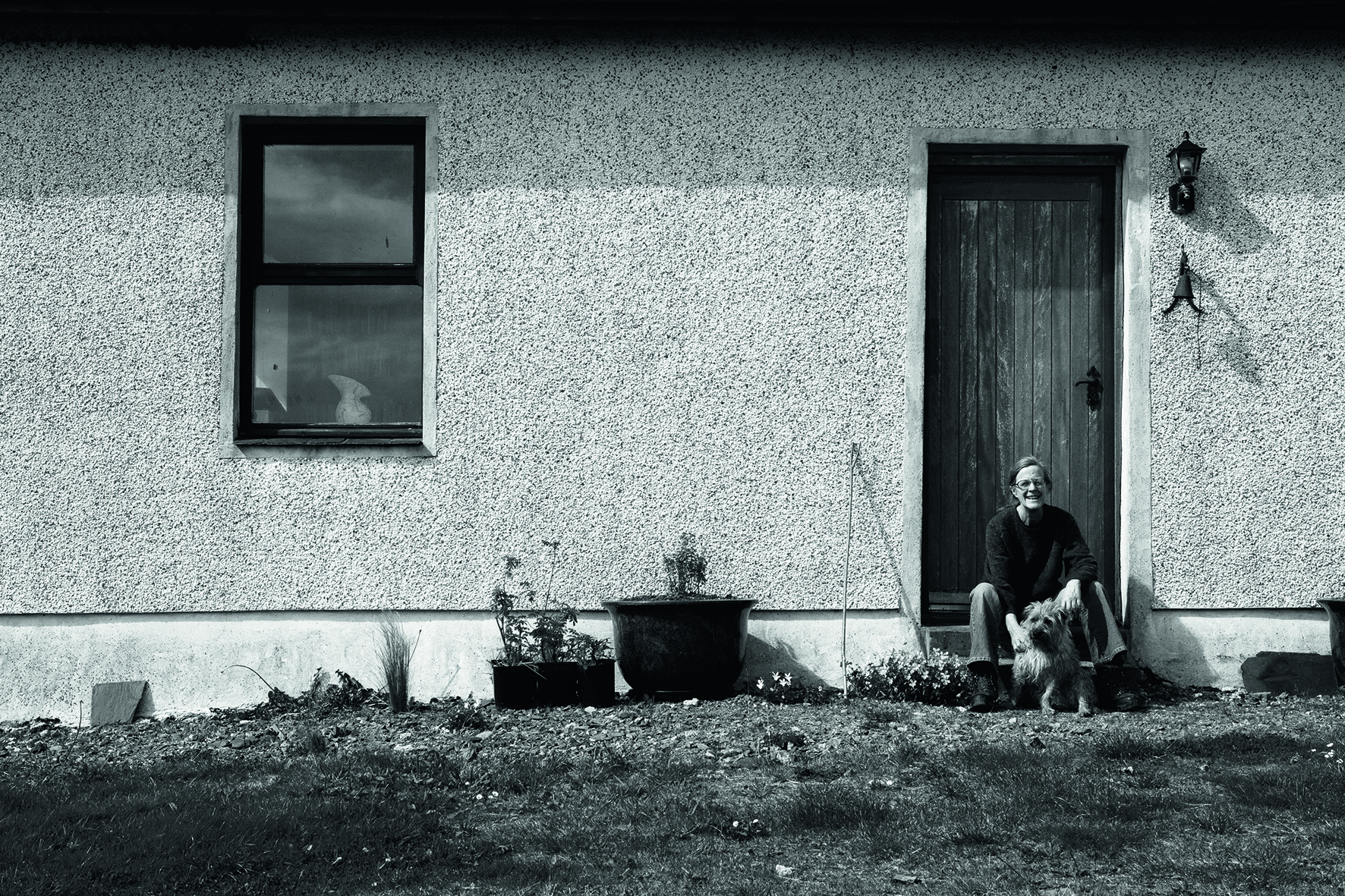For her fourth birthday, my youngest sister expressed a wish to climb the Merrick with her five brothers and sisters – then aged between nine and 15 – and no grown-ups.
The Merrick, at 843m, is the highest hill between the Lake District and the Scottish Highlands; it is the summit of the rather splendidly named Range of the Awful Hand in Galloway. The route up is – and was then – pretty well waymarked, involves no climbing and is not ‘difficult’, but as Wikipedia says, “at least four to five hours is required and the walk involves 875 metres of ascent so a good level of fitness is required”.
On a clear day, the summit has the distinction of being (to my knowledge) the only place in the UK from which you can see all four nations: England, Scotland, Northern Ireland and Wales.
More from Sara Maitland
- Sara Maitland: why rural communities need permanent residents
- Sara Maitland: why rural communities need better mobile internet coverage
- Sara Maitland: How can we save our polluted rivers?
Sara Maitland/Credit: Adam Lee
My father drove us to the bottom of the track and packed us off with one injunction: “She can be cajoled but not carried.” We did not learn until years later that he then sat all day in the car asking anyone coming down the path if they had seen us and if we were okay.
I don’t believe that many children nowadays will get to experience that extraordinary and powerful glow of victory, freedom and access to natural beauty that we were given then. We have reached a strange cultural moment in which it’s easier for teenagers to watch pornography online than to walk up a largish hill unsupervised. I should add that even back then my parents were not entirely uncriticised for the amount of independence – I would call it freedom – they gave us. The girls’ primary school that my sister and I attended in West London was appalled that we were allowed to go to and from school on public transport, unaccompanied by an adult.
I don’t believe that many children nowadays will get to experience that extraordinary and powerful glow of victory, freedom and access to natural beauty that we were given.
It is also worth noticing that, even then, few families came quite as large as ours. If anyone had fallen and sprained an ankle up on the Merrick, there would have been enough of us for someone to stay with the sufferer while the three others went down to find help; in some circumstances there really is safety in numbers.
Nonetheless, and even with these caveats, I do worry that our children are increasingly “cabined, cribbed, confined”, and, above all, supervised. We talk more and more about personal freedom as we offer them less and less experience of it and of ways to negotiate it. “Don’t talk to strangers” is good advice on the London Underground, and not merely stupid but dangerous if you are lost in the wild countryside.
The value of autonomy
I believe all children need the experience of being in the natural environment without adult supervision; I believe it teaches them a great deal that is hard to learn otherwise.
A very good way to train even very small children in this skill is to take them into woods. Woods are magical – the realm of fairy tales and adventures – and they can provide even small people with the sensations of being alone-in-nature while, in fact, their adults can hear their every move from the other side of a tree and also hear the approach of any strangers. And there is a lot for small people to look at and learn and love in woodlands.
After the restrictions of the last couple of years, it seems particularly valuable to give children freedom to be in the wild this summer.
